How to Create & Plan Better
Table of Contents:
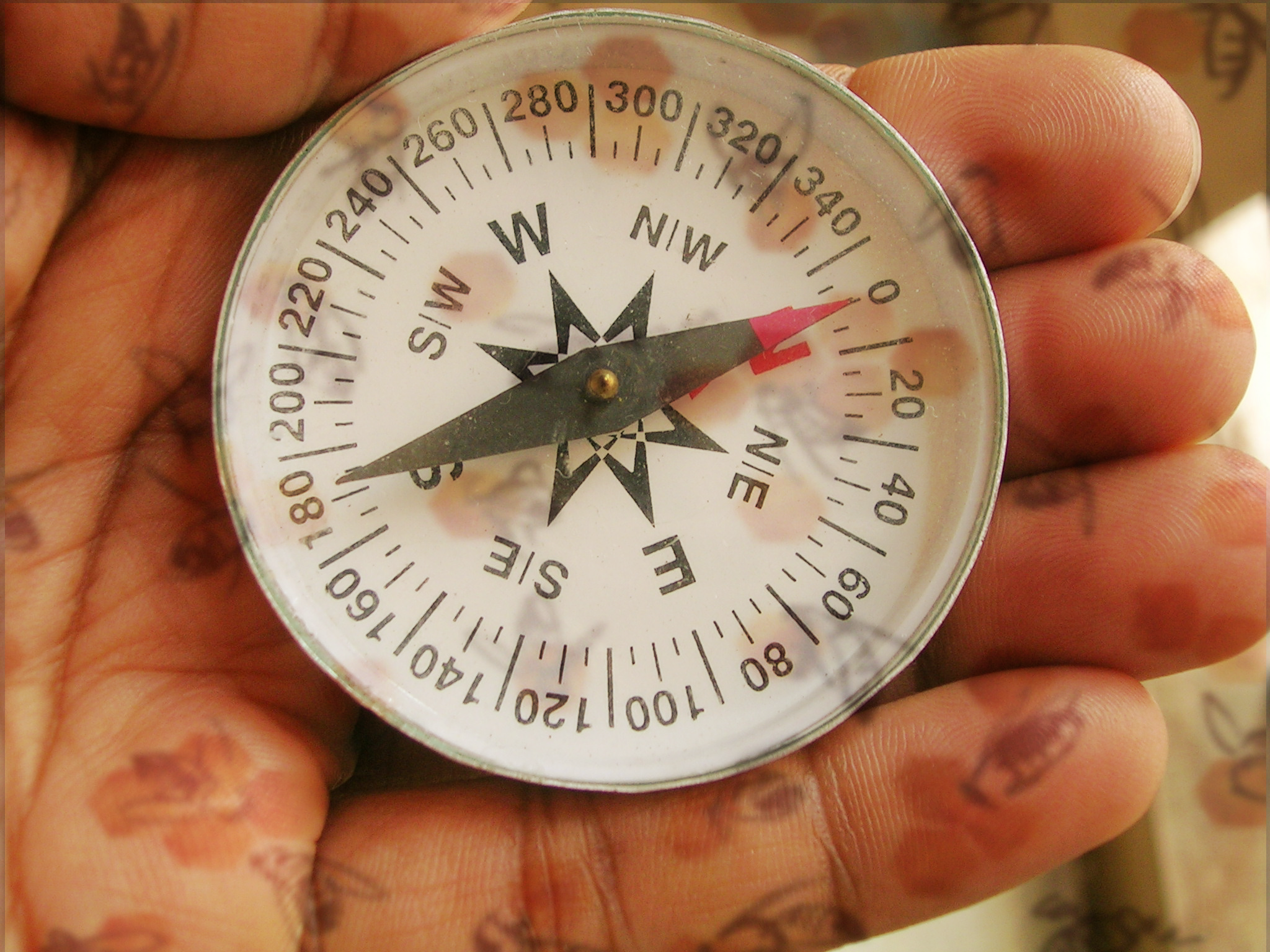
Using the Internet and Bees
For quite awhile now, I haven’t posted anything to Medium. There are eighty different posts in my drafts, sporadic and eclectic ideas waiting to be posts. And I always think I have epiphanies late at night when I’m trying to go to sleep — or in the middle of a shower — about what I think might make a good post.
But then nothing happens. I don’t end up posting anything. I grow older and eventually whither away, the end. But why?
I’m not sure how familiar this will sound to you, but I’ve come to realize that I generally have two modes of operation. I’m either in the process of creating things or planning to create things.
1. Creating
This post is a good example of when I’m making something — and subsequently publishing it. There’s no forethought, it’s entirely spontaneous. It’s a single, first draft. Everything is done by the seat of my pants.
This is always how I’ve done things — writing, music, photography. It can be easily argued that it’s not a good way to do things. There’s no bigger picture. Everything is within it’s own microcosm of existence. If I’m lucky, when I step back and look at what I’ve done, it’ll make some sort of tangential sense. But that’s rare, because I’m so used to jumping from one thing to another.
2. Planning
This mode of thinking is the exact opposite. I do my research, I figure out new ideas. I scrutinize the purpose of each step that leads to a much larger objective.
I’m exceptionally good at planning — too good — because once I have all the ducks lined up in a row, I can’t bring myself to finally execute any of it. There’s always something that needs to be added, another excuse to delay. Eventually, there is such a large amount of analysis-paralysis that any grand ideas get pushed to the wayside and are eventually just abandoned.
3. Balance
Now, it’s obvious to see how the combination of execution and planning are required for any long-term success. But it’s a lot easier said than done, particularly when you’re flying solo and have to create your own structure.
It takes an eerily perfect amount of work ethic to be
1) productive
2) take care of the other areas in your life
3) take care of the people in your life
4) not burn out
That’s always been my problem: balance. Even when you’ve become competent within those four aspects, you still have to worry about not becoming content. Contentedness leads to being stagnant with your work, and not innovating. It is understandable that people find this unreasonable and overwhelming — but I don’t believe that it’s impossible.
Which leads to the two questions I want answered:
1) **How can good work be created consistently without burnout?
2) **How can balance be found between creating and planning?
Reminders, Automation, and Graphs
The Flaws of To-dos
I’ve always been a fan of innovate project management. There’s almost nothing more satisfying than creating an organized, hierarchal to-do system.
I’ve tried many different productivity programs — Todoist, Trello, Omnifocus, etc. Even analogue methods, such as bullet journaling and dash/plus. However, once I finally finish writing up everything that needs to be done, I don’t feel motivated to start going through everything — I still feel that analysis paralysis — all planning and no creating. I’ve found that there are flaws inherent to the to-do list:
- Lack of visual progression
2) Lack of sense of accomplishment
3) Lack of urgency
4) Manually checking what’s been done vs. not done
These have always seemed like personal problems to me (and to an extent, they are) instead of something that could be ‘fixed’ with a radically different method of task management. But that changed.
Enter Beeminder
Never in my life did I think I’d be advocating for a specific productivity tool. Personal willpower and discipline always seemed like a more vital and important thing to have, rather than any particular software. I have always been sceptical and cynical that there could be any shortcut to producing good work without working hard, that it was always the same wine in a different bottle.
While I do still think that way, I also think Beeminder helps in a unique and powerful way. What makes it different?
- Keeping track of systems** as opposed to goals
**2) Using integrations to enter updates automatically
3) Visually attractive and auto-generating graphs
4) Constant, yet helpful, reminders
Here are a few of my personal examples of things I’m tracking:
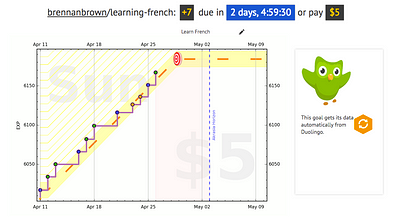
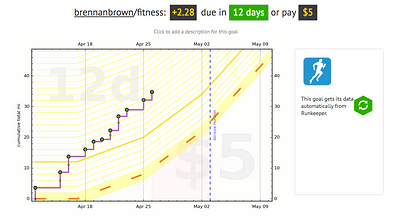
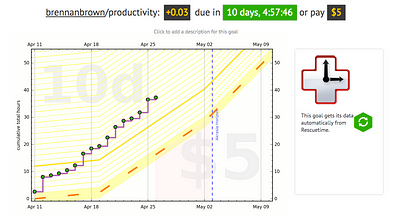
There’s something about looking at this kind of progress that’s so much more motivating than a series of crossed-out and completed tasks. With Beeminder, each success is added on top of the previous. You can see the accumulation of your progress, you can stockpile your victories. These graphs include helpful scientific data as well, such as variance between data points, delta values, and the Akrasia horizon.
It also bombardes you with reminders via email, sms and even Slack when you’re coming close to failing to keep progress. I’ve found it a lot easier to just do the work as opposed to have it constantly nag at me, or try to weasel my way out of my goals.
The most important part, though, is that Beeminder forces you to work gradually — linearly — as opposed to impulsively doing a bunch of work at once. You take the middle path and find balance, while also having the ability to slowly push yourself as time goes on.
For more on Beeminder, visit their website.
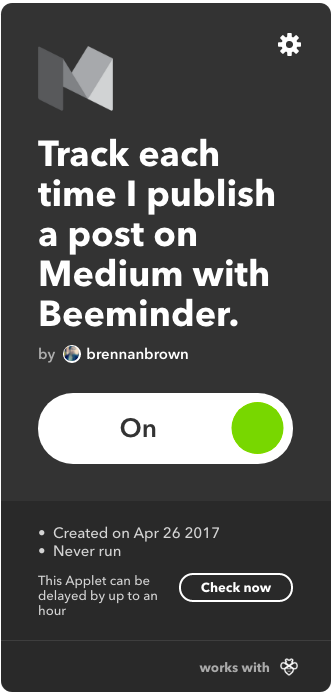
The Medium Challenge
While Beeminder has a good amount of integration options, it also has the ability to let you create your own with IFTTT.
So, starting today with this article, I’m creating a new Beeminder that tracks when I publish an article. In order to reach my target, I have to publish seven articles a week, or one every day. If I don’t, I have to pay the consequences.
If you want to get more good and consistent work out of yourself, I suggest trying to do something similar. Are you up for the challenge?